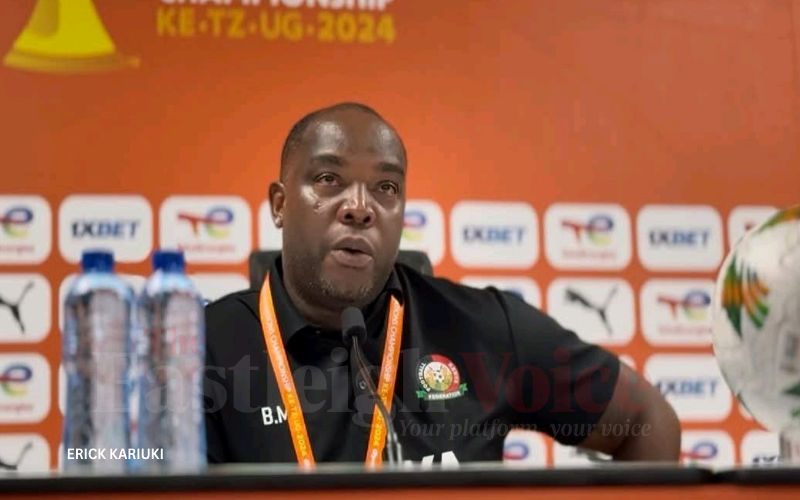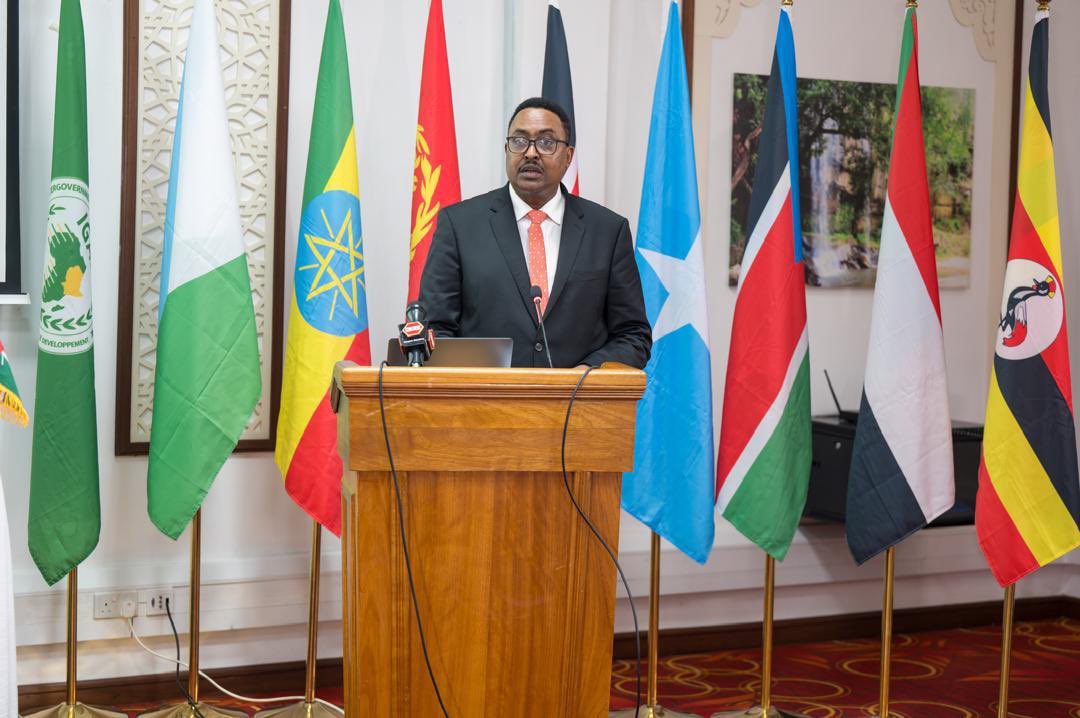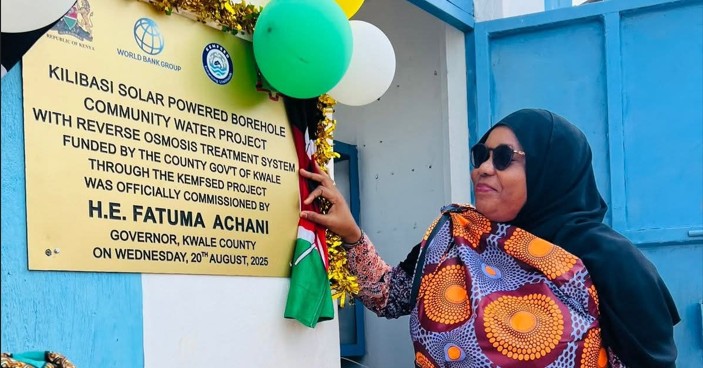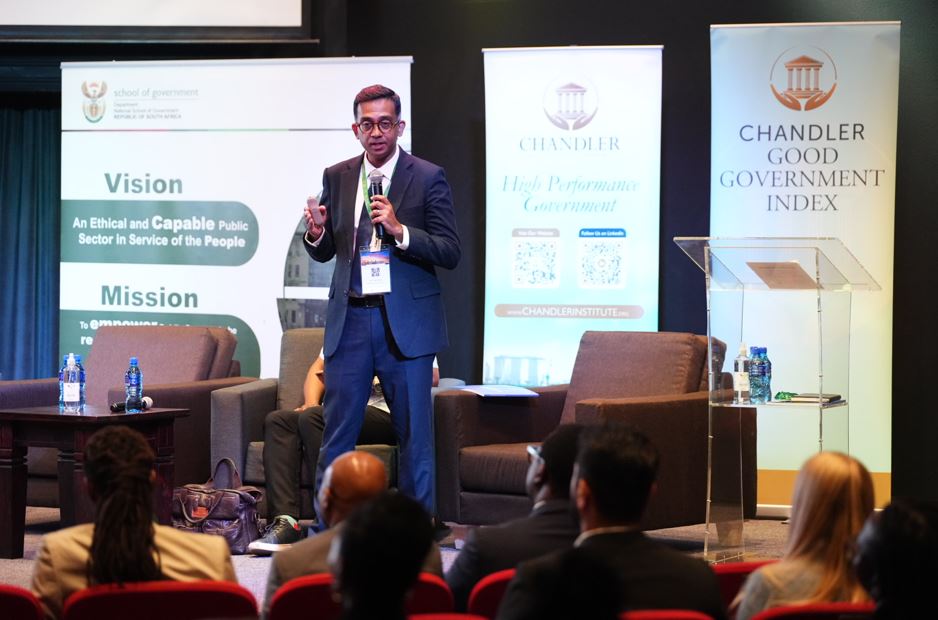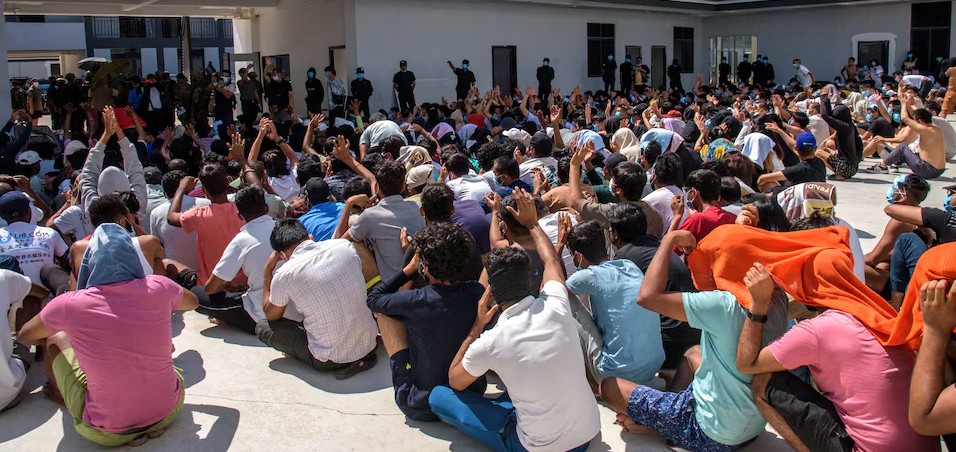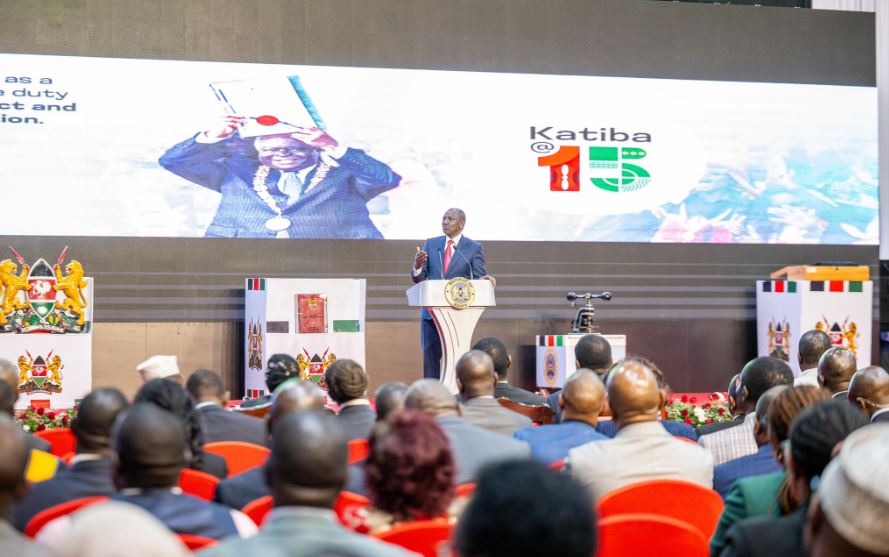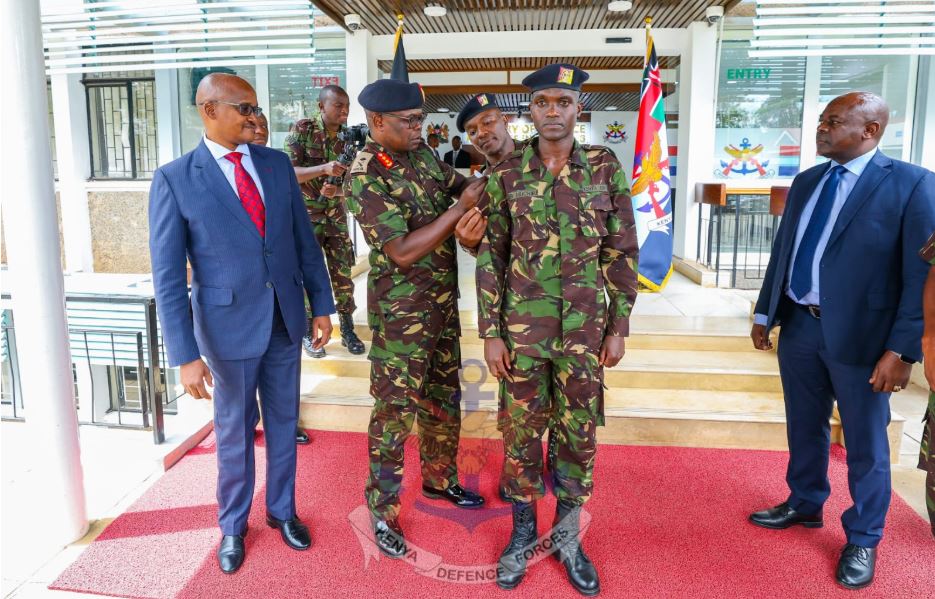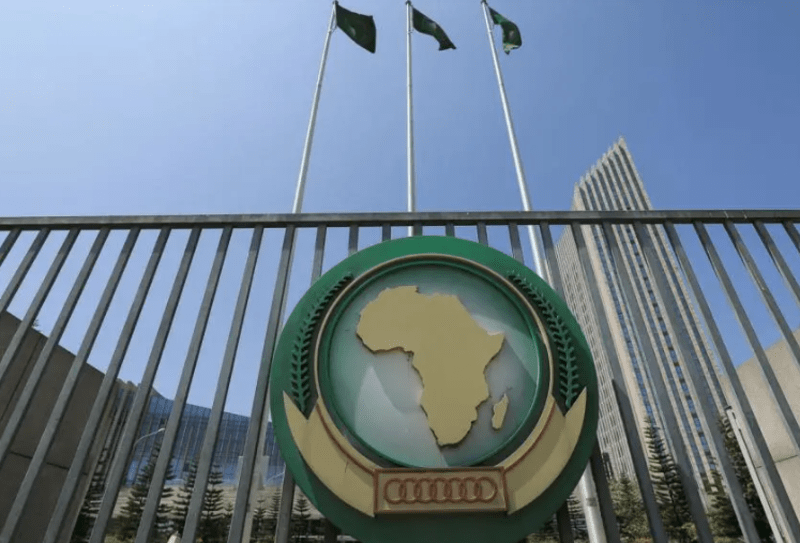Kericho Governor Erick Mutai pleads not guilty as Senate opens impeachment trial
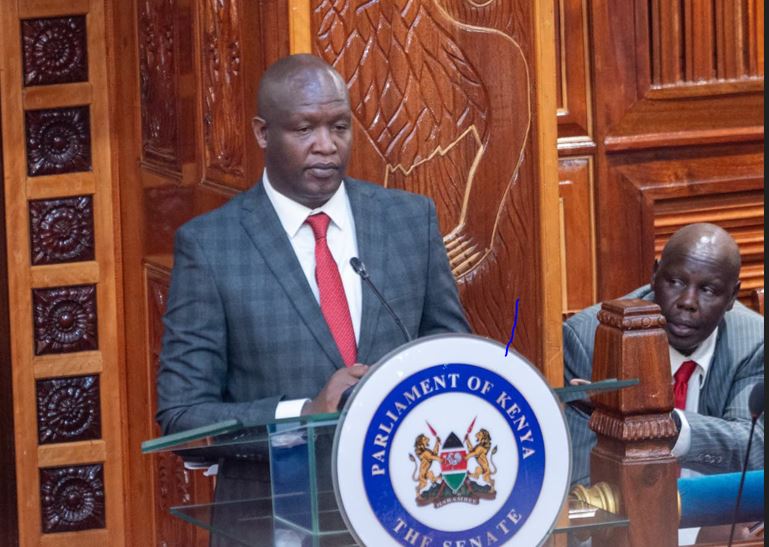
Mutai faces scrutiny over allegations of financial mismanagement, nepotistic appointments and intimidation of county staff, setting the stage for a politically charged trial.
Kericho Governor Erick Mutai pleads not guilty as Senate opens impeachment trial
Kericho Governor Erick Mutai has pleaded not guilty to three charges of gross violation of the Constitution, abuse of office and gross misconduct as the Senate opened hearings into his impeachment on Wednesday.
More To Read
- Kericho Governor Mutai terms ouster bid a "political conspiracy", accuses speaker of eyeing his seat
- Kericho Governor Mutai’s impeachment trial to proceed as Senate Speaker Kingi dismisses preliminary objections
- Watch: Kericho Governor Erick Mutai's impeachment trial at the Senate
- Senate showdown as Kericho Governor Erick Mutai faces impeachment trial
- Embattled Kericho Governor Erick Mutai challenges impeachment, cites manipulated vote
- Senate gazettes three-day special sitting for Kericho Governor Erick Mutai's impeachment trial
Mutai faces scrutiny over allegations of financial mismanagement, nepotistic appointments and intimidation of county staff, setting the stage for a politically charged trial.
Mutai was impeached by the Kericho County Assembly on August 15. The charges were formally read out by Senate Clerk Jeremiah Nyegenye, reflecting allegations submitted by the County Assembly.
On the charge of gross violation of the Constitution and the law, the Assembly accuses Mutai of authorising fictitious payments for undelivered or overpriced goods and services worth over Sh85 million, misusing Sh351 million under the National Agricultural Value Chain Development Project (NAVCDP), and skewing the allocation of FLOCCA funds in favour of Chemosot Ward.
He is also accused of misappropriating Sh39 million for the “Equaliser Kazi Mtaani” initiative, diverting Strategic Intervention Project funds and mishandling compensation for victims of the Londiani road accident.
The abuse of office charge alleges that Mutai made illegal and nepotistic appointments, including confirming his brother and a personal assistant’s wife as county staff. He is accused of irregularly appointing a County Attorney, an appointment nullified by the courts, running political hiring adverts without budgetary approval, arbitrarily dismissing and transferring senior officials and attempting to dictate oversight timelines to the County Assembly.
On gross misconduct, the Assembly claims Mutai led a mob to invade private land, designating it as a dumpsite in defiance of a court order. He is accused of intimidating and unfairly dismissing staff, fostering a culture of fear, and using divisive and unbecoming language that undermined the dignity of his office, contrary to Chapter Six of the Constitution.
Mutai has assembled a six-member legal team led by Senior Counsel Katwa Kigen, who previously represented President William Ruto at the International Criminal Court. The team also includes Peter Wanyama, Rose Wanjiru Thiong’o, Doris Ng’eno, Joash Mitei and Evanson Kirui.
The defence has filed three preliminary objections, arguing the impeachment was unconstitutional, procedurally flawed, and in contempt of a High Court order issued on August 14 that barred debate or voting on the motion until an inter partes hearing set for August 28. They also questioned the transparency of the electronic voting system used by MCAs.
Senate Speaker Amason Kingi confirmed that the trial will proceed in plenary under Article 181 of the Constitution, Section 33 of the County Governments Act, and Senate Standing Orders. The trial will run from August 27 to 29, with Thursday dedicated to case presentation and cross-examination, and Friday reserved for closing arguments, Senate debate and voting.
A majority county delegation vote supporting at least one charge would remove Mutai from office; otherwise, he will retain his seat.
The County Assembly motion was moved by Sigowet MCA Kiprotich Rogony. Its legal team is led by Elisha Ongoya, assisted by Evans Kiplangat, Elvis Kipkorir, Joel Wakhungu and Vincent Kipronoh, who maintain that Mutai engaged in systematic abuse of office, violating the Constitution, the Public Procurement and Asset Disposal Act, and other laws.
The trial has drawn nationwide attention as it tests the political balance of power between county assemblies and governors and underscores the Senate’s constitutional role as arbiter in impeachment disputes.
During proceedings, Ongoya attempted to submit additional evidence, including payment vouchers, staff redeployment memos, Mpesa statements, a report on the ad hoc committee on Kazi Mtaani, payment extracts, and termination letters. Mutai’s team objected, saying the materials were submitted too late for proper review.
Speaker Kingi, however, allowed the documents, stating: “If I heard the counsel for the Assembly correctly, the documents were omitted by mistake during compiling. They do not introduce new evidence and therefore, pursuant to rule 30 of the rules of procedure, I will allow those documents to be submitted.”
The Senate is expected to deliver its verdict on Friday, August 29, 2025.
Top Stories Today
Reader Comments
Trending
